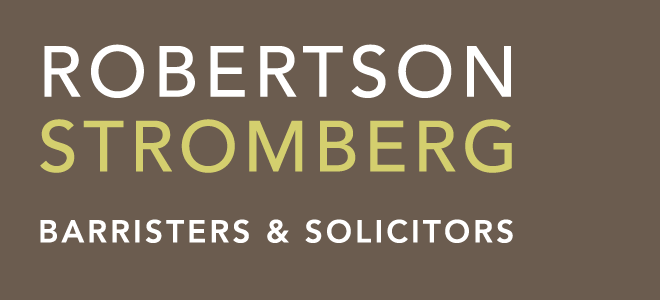
by Saskatchewan Estate Law Blog | Jul 5, 2024 | Estate Administration or Will Interpretation, SK Estate Law Blog
The recent Saskatchewan King’s Bench decision in Haines v Kuffner Estate is an example of the Court’s ability to validate a document, which may not have been executed with all the normal formalities. This flexibility offers the ability to ensure, as far as possible,...

by Saskatchewan Estate Law Blog | May 9, 2024 | Challenges to Validity of Wills, SK Estate Law Blog
This guest post was contributed by Curtis Clavelle. Curtis practices family law with Robertson Stromberg LLP. Most parents intend to leave at least a portion of their estates to their children. What some parents may not realize is that the inheritance they leave their...

by Saskatchewan Estate Law Blog | Oct 13, 2023 | Issue involving Executors, SK Estate Law Blog
The recent Saskatchewan King’s Bench decision in Hunt v Hunt, 2023 SKKB 190 confronted a rather unique circumstance. The question was whether an executor who has renounced her right to probate an estate, can later rescind that renunciation. In the situation in Hunt,...

by Saskatchewan Estate Law Blog | Sep 28, 2023 | Estate Administration or Will Interpretation, SK Estate Law Blog
The recent Saskatchewan King’s Bench decision in Gilchrist v Gilchrist, 2023 SKKB 187 offers a reminder of the importance of updating your will. If you do not update your will, and certain beneficiaries named in your will have died before you, the legal outcome may be...

by Saskatchewan Estate Law Blog | Sep 19, 2023 | Estate Administration or Will Interpretation, SK Estate Law Blog
The recent Saskatchewan King’s Bench decision in Gibb Estate (Re), is an example of the Court’s ability to render a document effective as a testamentary document, even if said document was executed without all the formal requirements of the Wills Act, 1996. Factual...

by Saskatchewan Estate Law Blog | Aug 31, 2023 | Issue involving Executors, SK Estate Law Blog
The recent Saskatchewan Court of Appeal decision in Klaptchuk v Johnson is a reminder of the principle of devastavit, which forbids an executor from distributing estate assets in disregard of a creditor’s outstanding claim against the estate. That said, Klaptchuk...








